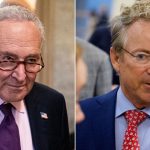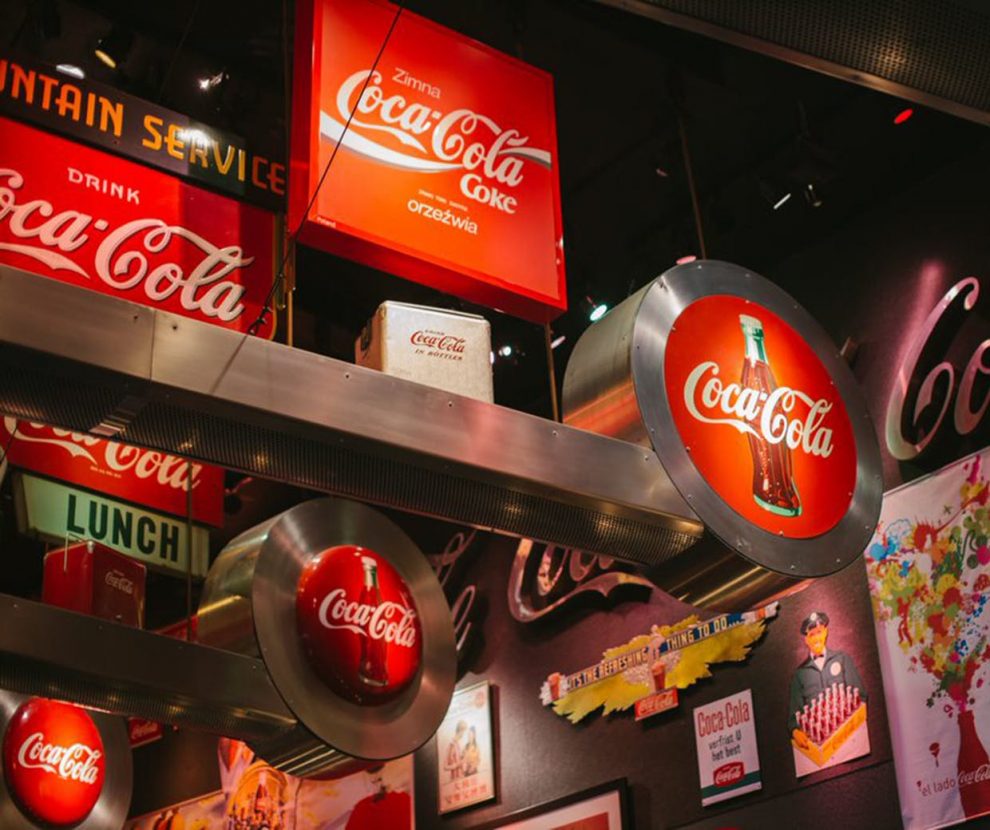Major corporations Nike and Coca-Cola are reportedly pushing back on legislation that would crack down on forced labor in China.
The New York Times reported Sunday that the two companies have joined several others in an effort to put pressure on Congress “to weaken a bill that would ban imported goods made with forced labor in China’s Xinjiang region.”
The Uyghur Forced Labor Prevention Act has bipartisan support in Congress and is designed to ban certain goods that are produced in China with the aid of forced labor, particularly at the expense of religious minorities like the Uyghur Muslims.
Its passage would also force corporations to place their own supply chains under a proverbial microscope in order to ensure that they’re avoiding suppliers who utilized such labor sources.
Tech giant Apple and even the United States Chamber of Commerce have also pushed back on the legislation, according to The New York Times.
But the legislation, called the Uyghur Forced Labor Prevention Act, has become the target of multinational companies including Apple whose supply chains touch the far western Xinjiang region, as well as of business groups including the U.S. Chamber of Commerce. Lobbyists have fought to water down some of its provisions, arguing that while they strongly condemn forced labor and current atrocities in Xinjiang, the act’s ambitious requirements could wreak havoc on supply chains that are deeply embedded in China.
Coca-Cola has been linked to sugar suppliers in the Xinjiang region, and Nike has been tied to a Qingdao factory that reportedly employed Uyghur workers.
Both companies have pushed back on the suggestion that they would allow forced labor in order to keep their suppliers. Coca-Cola released a statement saying that the company “strictly prohibits any type of forced labor in our supply chain” and used third-party auditors to ensure that their standards were being upheld. The last audit, which the company said was successful, took place in 2019.
Nike stated in March of this year that the Qingdao factory did not import source materials and had stopped hiring Uyghurs from the Xinjiang region in 2019. A report also published in March by the Australian Strategic Policy Institute stated that in 2019, the factory employed some 800 Uyghurs and produced more than seven million pairs of shoes.
Story cited here.
























